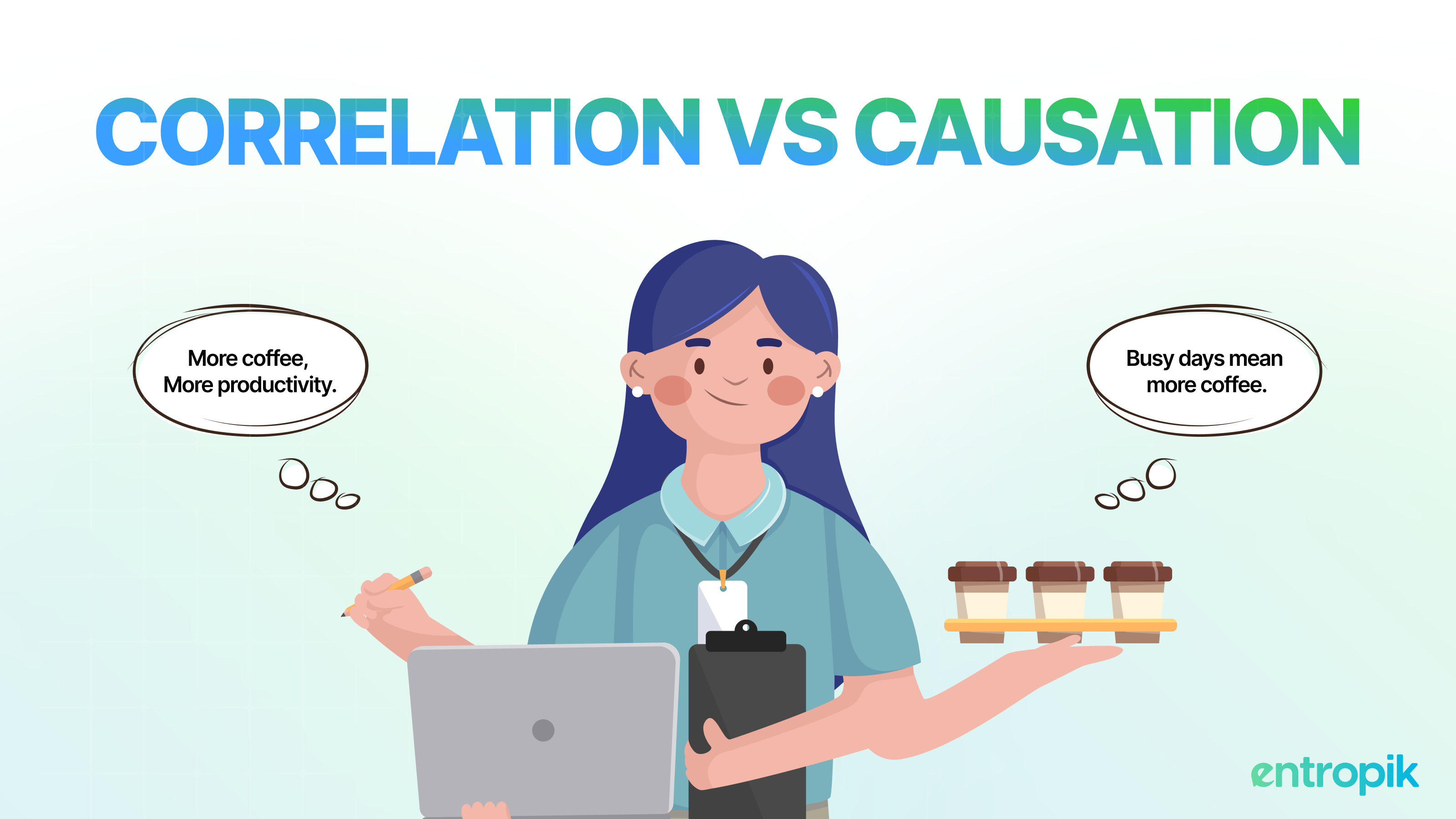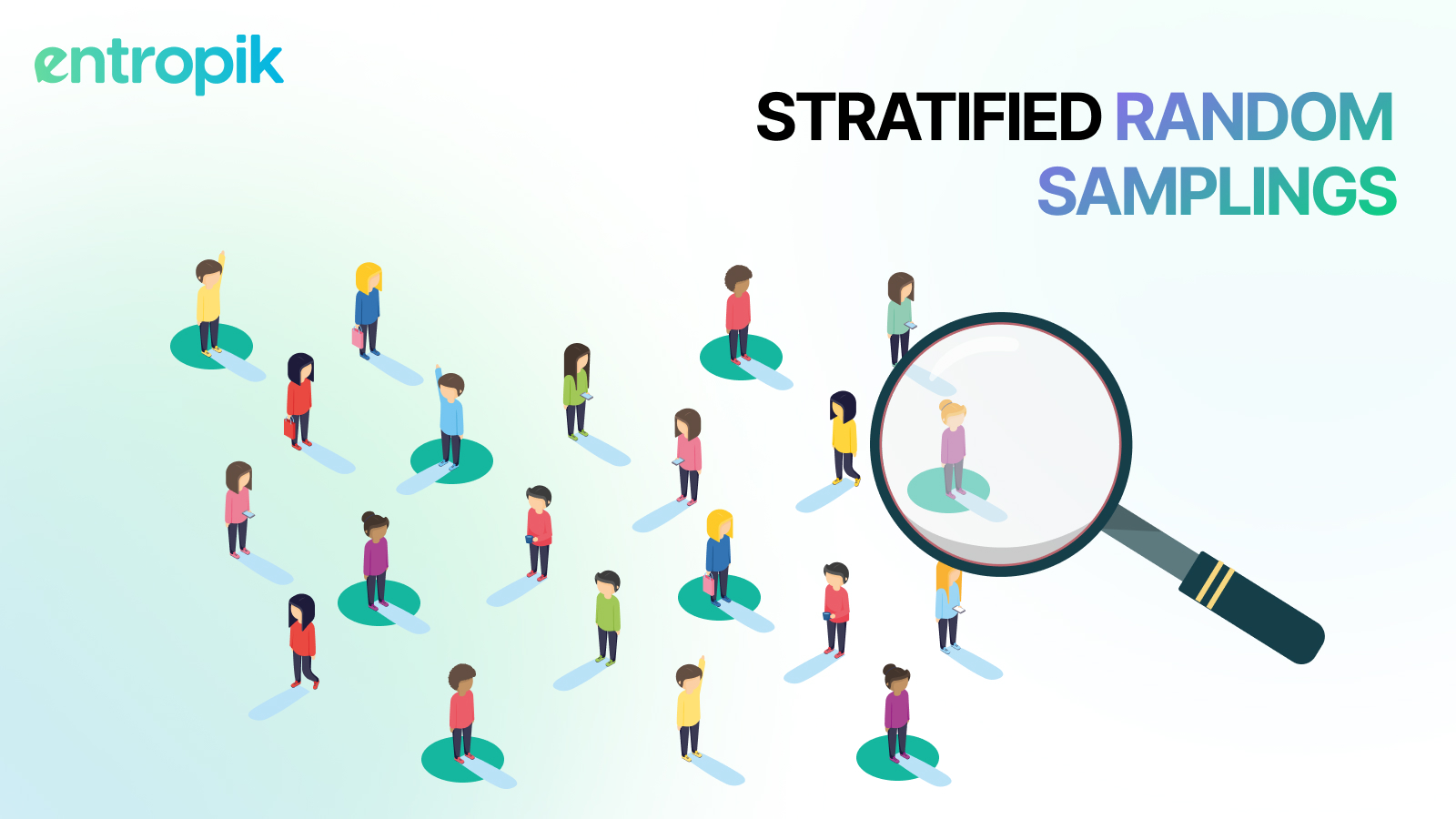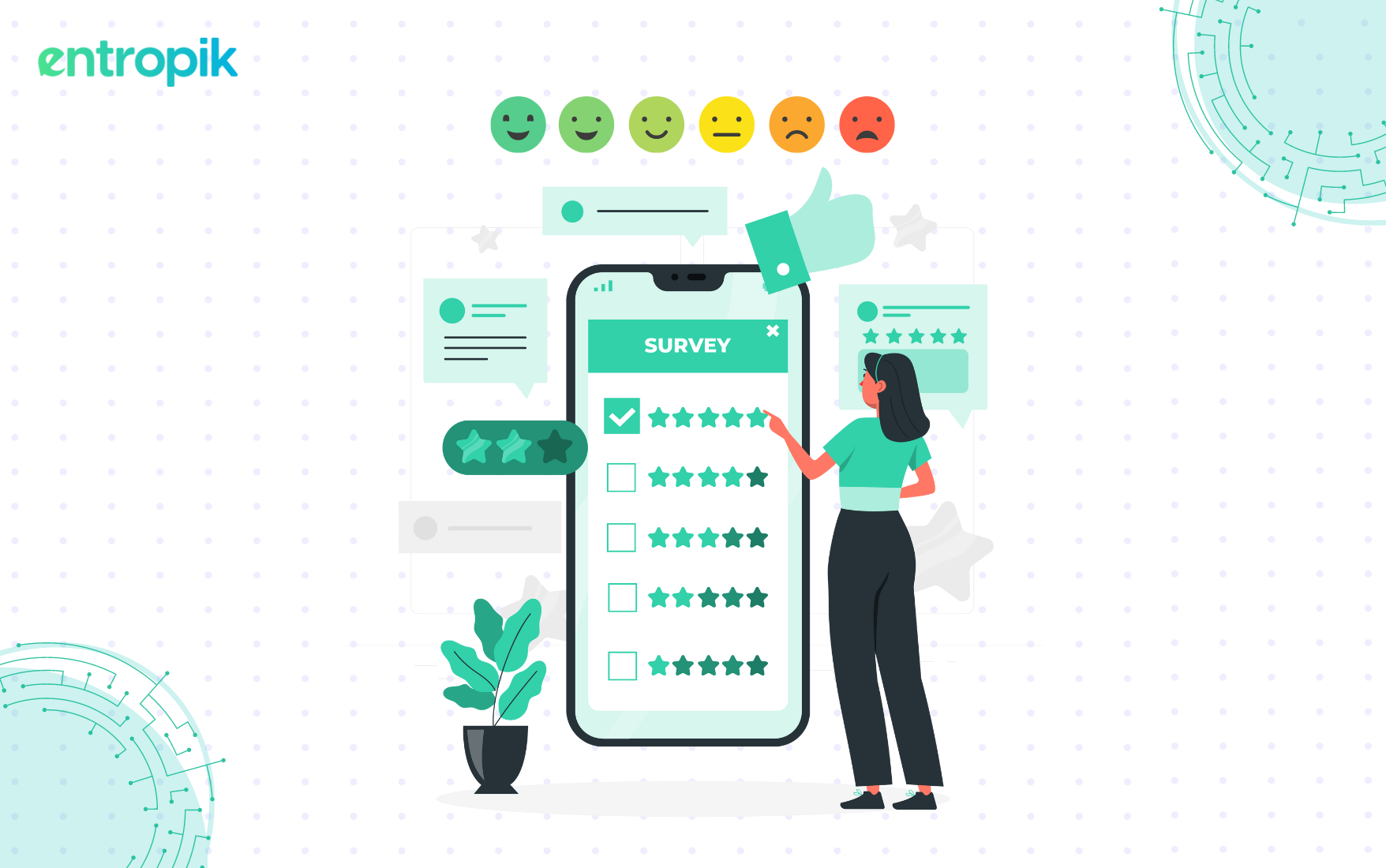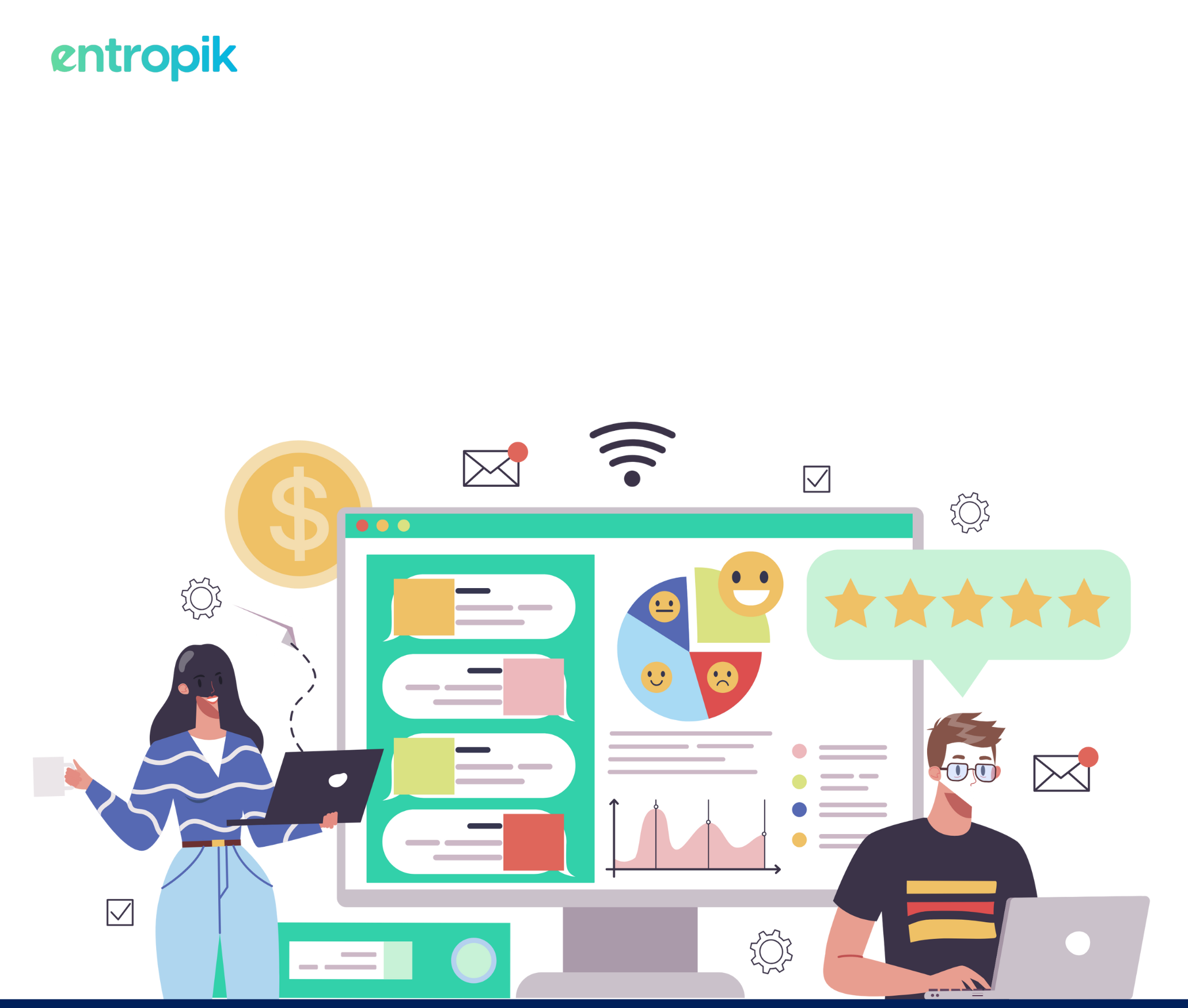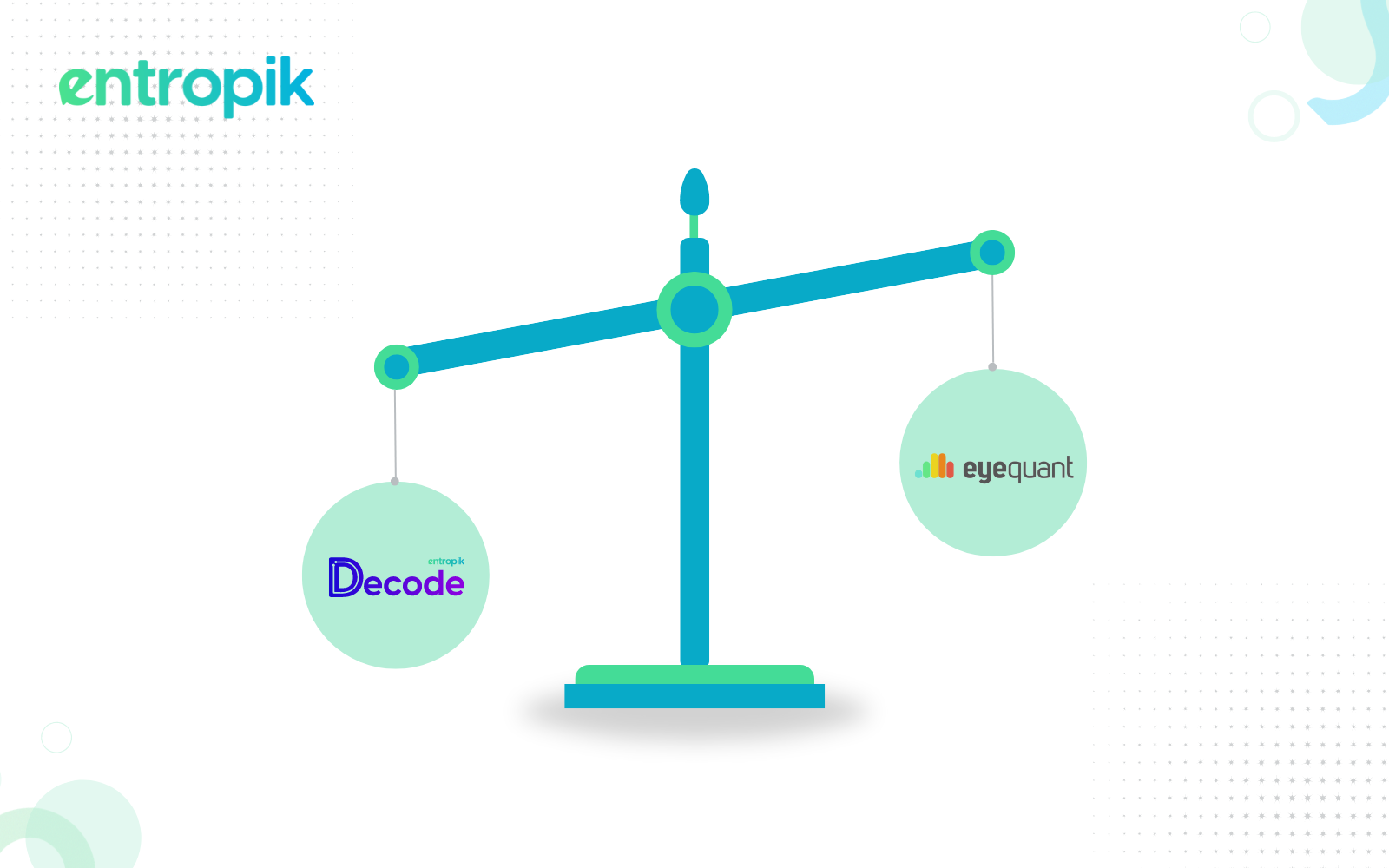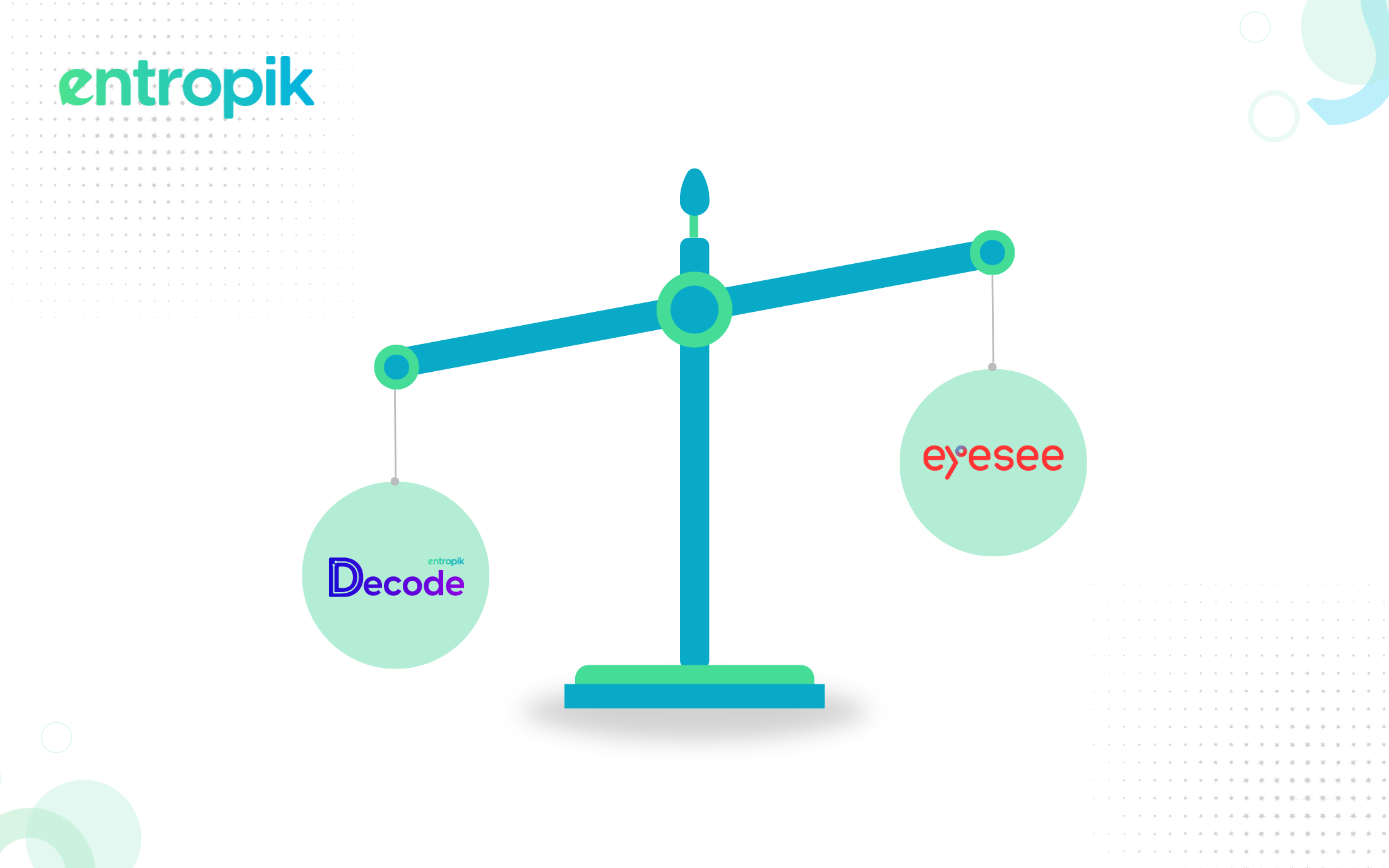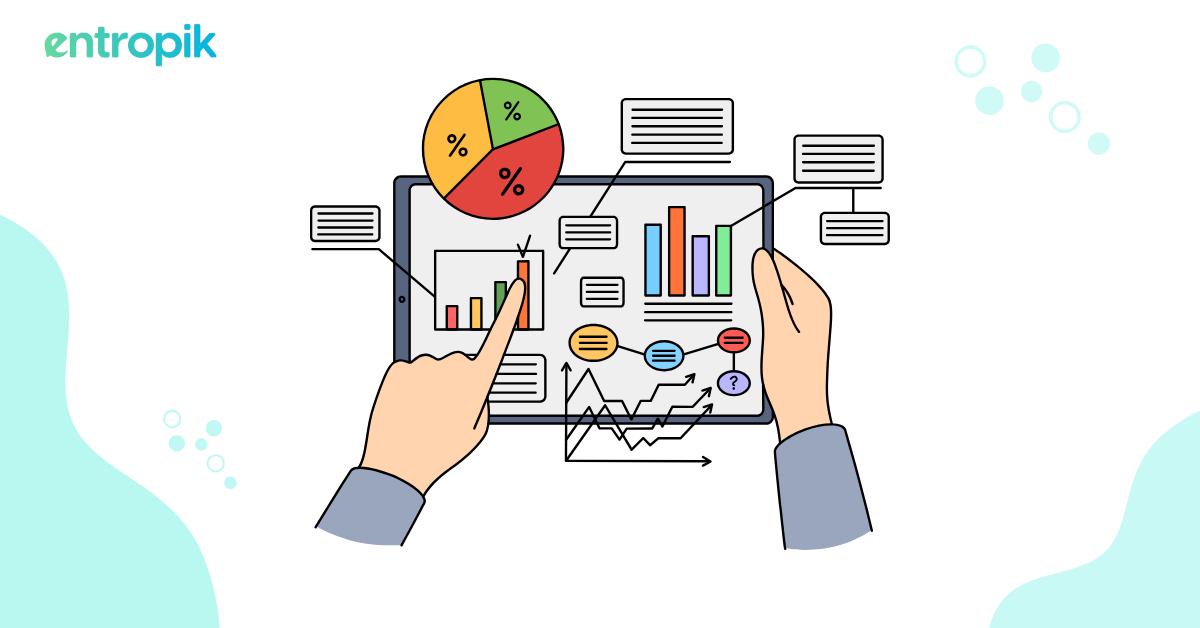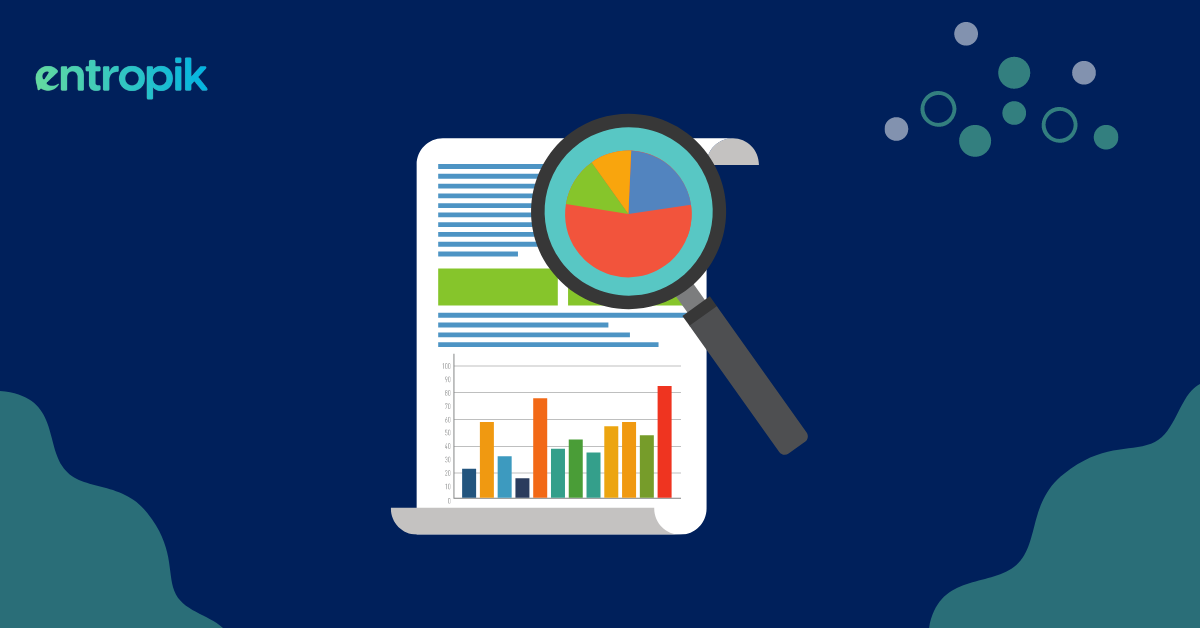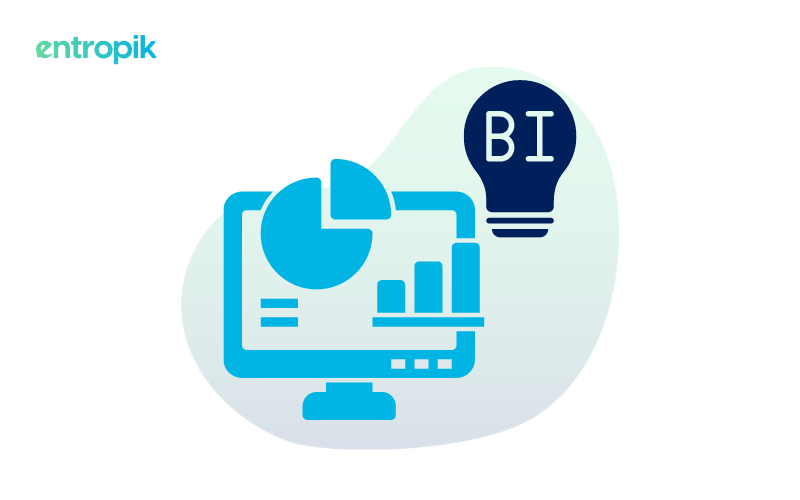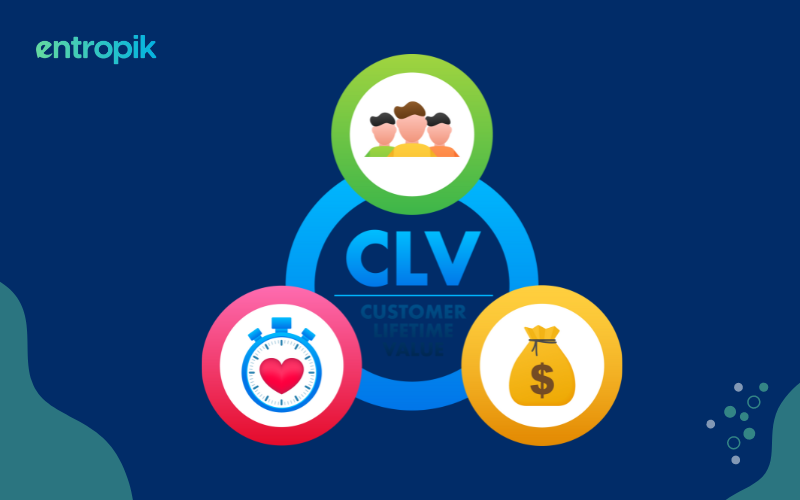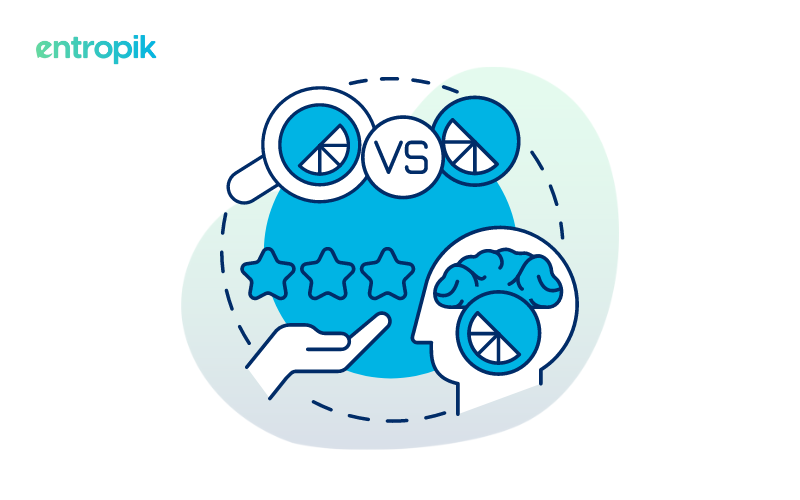Brand reputation is a key component in ensuring a brand’s success. A brand can have great products, but a whiff of scandal can impact it for months or even years.
Take the case of Maggi, which in 2015 faced a major crisis in India when it was found to contain higher than normal levels of lead. Despite being a beloved brand with a strong market presence, the incident severely harmed its image and led to it being banned across the country. Maggi's response, including product recalls and transparency in addressing the issue, went a long way in rebuilding trust and salvaging its reputation over time. This case serves as a reminder of the importance of brand reputation management in safeguarding and maintaining consumer trust.
What is reputation management?
Reputation management refers to the practice of influencing and controlling how individuals and organizations are perceived by the public. It involves monitoring and shaping public opinion to maintain a positive reputation or avoid negative perceptions.
Reputation management strategies often include monitoring online reviews, social media mentions, and news articles, as well as engaging with stakeholders to address concerns and promote positive experiences. The aim is to build trust, credibility, and goodwill among the target audience while effectively managing any potential reputation risks.
Why is reputation management important?
Trust and credibility
Reputation management plays an important role in improving trust and credibility for brands. By actively monitoring and shaping public perception, reputation management ensures that positive attributes, values, and actions are consistently communicated and reinforced. A strong reputation built on transparency, authenticity, and integrity fosters trust among stakeholders, including customers, employees, investors, and the general public.
When individuals or organizations demonstrate reliability, competence, and ethical conduct in their interactions and endeavors, they earn the confidence and respect of others. Moreover, reputation management allows for effective crisis communication and reputation repair efforts, demonstrating accountability and commitment to addressing concerns transparently. As trust and credibility grow, stakeholders are more likely to engage, support, and advocate for the individual, organization, or brand.
Brand perception
Reputation management is instrumental in shaping and enhancing brand perception by actively managing brand identity. Through strategic communication, consistent messaging, and proactive engagement, reputation management ensures that positive attributes, values, and achievements are effectively highlighted. By monitoring online mentions, reviews, and social media conversations, reputation management allows brands to address concerns, respond to feedback, and showcase their strengths transparently.
Additionally, reputation management enables brands to differentiate themselves from competitors, establish credibility, and build trust with stakeholders. By actively managing crises and mitigating reputational risks, brands demonstrate accountability, integrity, and resilience, which can positively influence brand perception. Moreover, reputation management efforts contribute to creating a positive brand image, fostering emotional connections, and shaping the overall reputation of the brand in the minds of consumers.
Business success
Reputation management is integral to ensuring business success as it directly influences stakeholder perceptions, trust, and loyalty. A positive reputation built on transparency, reliability, and ethical conduct enhances brand credibility and fosters strong relationships with customers, employees, investors, and other stakeholders. By effectively managing reputation, businesses can differentiate themselves from competitors, attract and retain customers, and command premium pricing for their products or services.
Reputation management also allows businesses to avoid reputational risks, navigate crises, and maintain resilience in the face of challenges. By proactively addressing concerns, responding to feedback, and demonstrating a commitment to excellence, businesses can build a solid foundation for long-term success and sustainability. A positive reputation also attracts top talent, fosters strategic partnerships, and opens doors to new opportunities, driving growth for the company.
Crisis preparedness
Reputation management plays a critical role in crisis preparedness by enabling organizations to anticipate, and effectively navigate crises when they arise. Through proactive monitoring of online conversations, social media, and traditional media channels, reputation management allows organizations to identify potential issues and emerging threats before they escalate into full-blown crises. By staying vigilant and responsive to early warning signs, organizations can implement crisis communication plans, designate spokespersons, and prepare messaging strategies to address the situation swiftly and effectively. Moreover, reputation management fosters transparency, authenticity, and trust, which are essential during times of crisis.
By maintaining open lines of communication with stakeholders and providing timely updates, organizations can demonstrate accountability, empathy, and a commitment to resolving the situation. Additionally, reputation management also allows organizations to leverage their positive reputation and goodwill to mitigate reputational damage and restore trust in the aftermath of a crisis.
Stakeholder relationships
Reputation management is instrumental in nurturing and strengthening stakeholder relationships by fostering trust, credibility, and transparency. By actively managing and shaping public perceptions, organizations can build positive relationships with customers, employees, investors, regulators, and the community. Through consistent communication, authentic engagement, and responsive actions, reputation management demonstrates a commitment to meeting stakeholder needs and expectations.
By listening to feedback, addressing concerns, and soliciting input, organizations can build a sense of trust and loyalty among stakeholders, leading to enhanced collaboration and support. Moreover, reputation management allows organizations to effectively manage crises, mitigate reputational risks, and maintain resilience in the face of challenges. By demonstrating integrity, accountability, and a dedication to ethical conduct, organizations can cultivate long-lasting relationships built on mutual respect and shared values.
Types of reputation management
Online reputation management
Focuses on managing and influencing the online perception of a brand or individual through strategies such as search engine optimization (SEO), content creation, and social media management.
Crisis reputation management
Involves preparing for and managing reputation crises, such as negative publicity, scandals, or public relations emergencies. Crisis reputation management aims to mitigate reputational damage and protect the brand's image during challenging times.
Brand reputation management
Focuses on building and maintaining a positive brand reputation through consistent messaging, brand positioning, customer experience management, and brand advocacy programs.
Personal reputation management
Involves managing the online reputation marketing of individuals, such as executives, public figures, or professionals. Personal reputation management strategies may include curating professional profiles, thought leadership initiatives, and online networking.
Corporate social responsibility (CSR) reputation management
Focuses on managing the public perception of a company's social and environmental initiatives, ethical practices, and contributions to society. CSR reputation management aims to enhance brand trust, loyalty, and credibility by demonstrating a commitment to responsible business practices.
Employer reputation management
Involves managing the reputation of an organization as an employer. This includes strategies to attract and retain top talent, promote a positive work culture, and address employee feedback and concerns.
How can you build a reputation management plan?
Define objectives
Clearly outline the objectives and goals of the reputation management plan, such as enhancing brand perception, increasing customer trust, or mitigating negative publicity.
Conduct reputation audit
Assess the current reputation of the brand by analyzing online reviews, social media mentions, news coverage, and stakeholder perceptions. Identify strengths, weaknesses, opportunities, and threats to inform the plan.
Identify key stakeholders
Determine the key stakeholders, including customers, employees, investors, regulators, and the community, for each of the goals you have identified. Understand their needs, concerns, and expectations.
Develop messaging
Craft key messages and talking points that align with the brand's values, mission, and objectives. Ensure that you remain consistent and authentic across all communications across various channels.
Implement monitoring tools
Use monitoring tools and software to track online mentions, reviews, and social media conversations related to the brand in real-time. Monitor sentiment, trends, and emerging issues to stay proactive.
Engage with stakeholders
Actively engage with stakeholders through social media, email, public relations, and other channels. Respond promptly to feedback, address concerns, and provide transparent communication.
Measure and adjust
Continuously monitor and measure the effectiveness of the reputation management strategy using key performance indicators (KPIs) such as brand sentiment, customer satisfaction, and online engagement metrics. Adjust strategies and tactics as needed to achieve desired outcomes.
How can you monitor your brand’s reputation?

Social media metrics
Monitoring your brand reputation through social media metrics involves tracking various quantitative indicators to assess how your brand is perceived online. Key metrics include follower growth, engagement rates (likes, comments, shares), reach (impressions), sentiment analysis (positive, negative, neutral), and brand mentions. By analyzing these metrics across different social media platforms, you can gain insights into audience sentiment, brand visibility, and overall brand perception. Additionally, monitoring trends over time allows you to identify emerging issues, track the effectiveness of your social media strategy, and make informed decisions to enhance your brand reputation.
Online reviews and ratings
Monitoring your brand reputation through online reviews and ratings involves systematically tracking and analyzing feedback provided by customers on various review platforms and websites. By regularly monitoring review sites such as Yelp, Google Reviews, TripAdvisor, and industry-specific platforms, you can gather insights into customer sentiment, satisfaction levels, and overall perceptions of your brand. Key aspects to consider include review ratings, volume, trends over time, and specific comments or feedback provided by customers. This information enables you to identify areas of strength, pinpoint areas for improvement, and respond promptly to address any concerns or issues raised by customers, ultimately contributing to maintaining a positive brand reputation.
Website analytics
Monitoring your brand reputation through website analytics involves analyzing quantitative data related to visitor behavior and interactions on your website. Key metrics to consider include traffic sources, bounce rates, time spent on page, pages per session, and conversion rates. By tracking these metrics using tools like Google Analytics, you can gain insights into how users engage with your website, which pages are most popular, and where they may encounter obstacles or issues. Additionally, website analytics can help you assess the effectiveness of your marketing campaigns, content strategy, and user experience efforts, allowing you to make data-driven decisions to optimize your website and enhance your brand reputation.
Surveys and polls
Monitoring your brand reputation through surveys and polls involves gathering structured feedback from a representative sample of stakeholders to assess their perceptions, attitudes, and experiences with your brand. By designing surveys and polls with targeted questions, you can collect valuable insights into customer satisfaction, brand loyalty, and overall brand perception. Key aspects to consider include customer satisfaction scores, Net Promoter Score (NPS), brand awareness, and likelihood to recommend. Analyzing survey responses allows you to identify trends, uncover areas for improvement, and measure changes in brand perception over time, ultimately helping you to proactively manage and enhance your brand reputation.
Social media listening
Monitoring your brand reputation through social media listening involves actively tracking and analyzing conversations, mentions, and sentiments about your brand across various social media platforms. By utilizing social media monitoring tools and techniques, you can identify and track relevant keywords, hashtags, and brand mentions in real-time. Additionally, sentiment analysis tools can help categorize social media mentions as positive, negative, or neutral, providing insights into overall brand sentiment. By monitoring social media discussions, identifying trends, and engaging with users in a timely manner, you can effectively manage your brand reputation, address concerns, and capitalize on positive sentiment to strengthen your brand image.
In-depth interviews
Monitoring your brand reputation through in-depth interviews involves conducting qualitative research with key stakeholders to gain nuanced insights into their perceptions, attitudes, and experiences with your brand. By engaging in one-on-one conversations, you can delve deeper into individuals' thoughts, emotions, and motivations related to your brand. In-depth interviews allow for open-ended questioning and probing to uncover rich, detailed insights that may not be captured through quantitative methods alone. By analyzing themes, patterns, and anecdotes shared during interviews, you can gain a comprehensive understanding of your brand's strengths, weaknesses, and areas for improvement, ultimately informing strategic decisions to enhance your brand reputation.
Focus groups
Monitoring your brand reputation through focus groups involves convening small groups of individuals representative of your target audience to discuss and provide feedback on your brand. By facilitating guided discussions, focus groups allow participants to express their opinions, perceptions, and experiences with your brand in a collaborative setting. Through observation and moderation, you can gather qualitative insights into participants' attitudes, preferences, and emotions related to your brand. Analyzing the discussions and themes emerging from focus groups enables you to identify patterns, uncover insights, and pinpoint areas for improvement, ultimately informing strategies to enhance your brand reputation.
Online forums and communities
Monitoring your brand reputation through online forums and communities involves actively participating in and observing discussions related to your brand across various online platforms. By regularly monitoring forums, discussion boards, and community websites relevant to your industry or target audience, you can gain valuable insights into how your brand is perceived and discussed by users. Paying attention to mentions, reviews, and conversations allows you to identify trends, address concerns, and engage with users in a timely manner. Additionally, participating in online communities enables you to build relationships with community members, gather feedback, and proactively manage your brand reputation by addressing issues and amplifying positive sentiment.
Sentiment analysis
Monitoring your brand reputation through sentiment analysis involves leveraging natural language processing techniques to categorize and evaluate the sentiment expressed in online mentions, reviews, and conversations about your brand. By analyzing the language, tone, and context of text-based content, sentiment analysis tools can determine whether sentiments are positive, negative, or neutral. This allows you to quantify and track overall sentiment trends, identify emerging issues or concerns, and gauge public perception of your brand in real-time. By incorporating sentiment analysis into your reputation monitoring strategy, you can gain actionable insights to guide decision-making, mitigate reputational risks, and proactively manage your brand's online reputation.
{{cta-button}}















.jpg)



